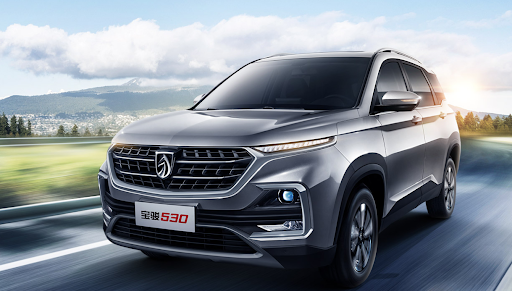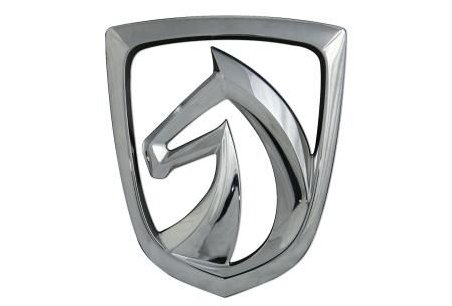

In China’s fiercely competitive auto market, boasting 102 existing brands, the landscape is evolving with the introduction of its 103rd brand—Baojun, translating to ‘treasured horse.’ This strategic move, a joint venture between General Motors, Shanghai Automotive Industry Corporation, and Wuling Motors, marks a notable addition to the market. Baojun, positioned as an affordable passenger car line, is set to make its mark and redefine the automotive landscape. Stay tuned as Baojun implements its unique brand strategy, leveraging the extensive network of Wuling dealerships across China to make a lasting impact in this dynamic automotive arena.

The introduction of Baojun is a pivotal move within GM’s comprehensive multi-brand strategy in China. Among the esteemed roster of brands like Buick, Cadillac, Chevrolet, Opel, Wuling, and Jiefang, Baojun emerges as the 103rd brand, strategically positioned as part of GM’s dynamic approach to the Chinese auto market. Kevin Wale, President of GM China, emphasizes that ‘Baojun will complement our existing brands, especially Chevrolet, our fastest-growing mainstream nameplate.’ This strategic addition not only reinforces GM’s commitment to diverse consumer preferences but also exemplifies a nuanced and adaptable approach in the competitive landscape, aligning with our overarching brand strategy.
As an entry-level vehicle brand, Baojun may overlap with similarly priced competitors Chevrolet and Wuling. Baojun’s most significant challenge will therefore be how to differentiate the brand, and position itself to meet its target market.
Chevrolet has adeptly catered to the demands of the Chinese market with premium small cars like the Cruise and Spark, ensuring a blend of cost-efficiency and deluxe features. Despite this success, Chevrolet refrains from reducing prices or introducing a more affordable series to safeguard their esteemed brand strategy. Enter Baojun, a bare-bones, entry-level car brand strategically designed to address this market gap. GM envisions Baojun, their new entry-level offering, replicating the success of the no-frills Wuling Sunshine work van, China’s best-selling vehicle. This strategic move involves extending a proven series and business model from vans to passenger cars, with Baojun priced slightly higher at $5,000-$10,000 compared to the Wuling Sunshine at $4,500.
At present, Baojun’s brand identity lacks distinctiveness compared to other brands. Shen Yang, General Manager of the SAIC-GM-Wuling joint venture, describes Baojun as a dependable partner, projecting an image of confidence, intelligence, and reliability. However, this characterization raises questions about differentiation, as it could apply to various sub-brands within GM or similar-level offerings from other manufacturers. For instance, Chevrolet’s Cruise and Spark cater to affordable, straightforward family use, while Wuling serves as an economical transportation solution for rural farmers. Regrettably, Baojun’s target market remains undefined, presenting a challenge in establishing a clear and unique brand strategy within the competitive automotive landscape.
A Labbrand Group Company © 2005-2024 Labbrand All rights reserved
沪ICP备17001253号-3* Will be used in accordance with our Privacy Policy
To improve your experience, we use cookies to provide social media features, offer you content that targets your particular interests, and analyse the performance of our advertising campaigns. By clicking on “Accept” you consent to all cookies. You also have the option to click “Reject” to limit the use of certain types of cookies. Please be aware that rejecting cookies may affect your website browsing experience and limit the use of some personalised features.